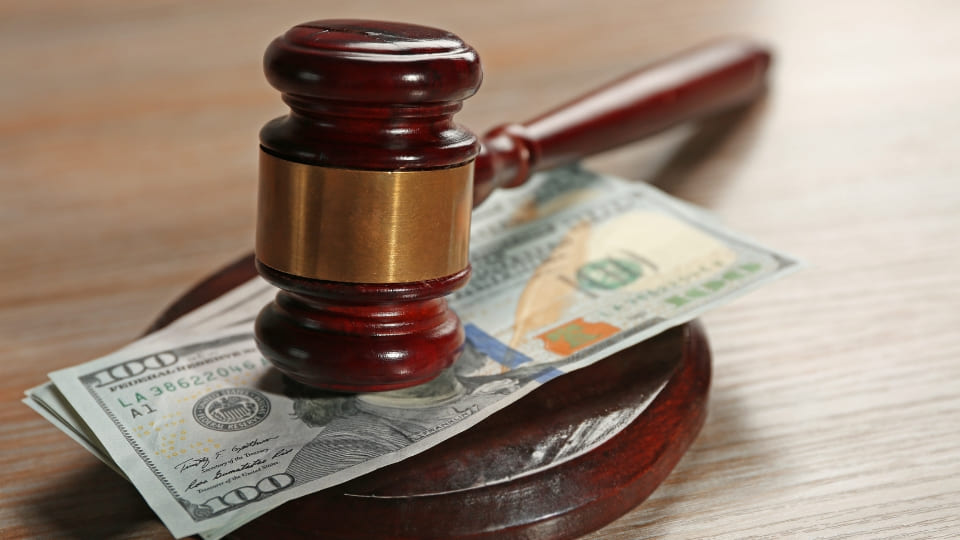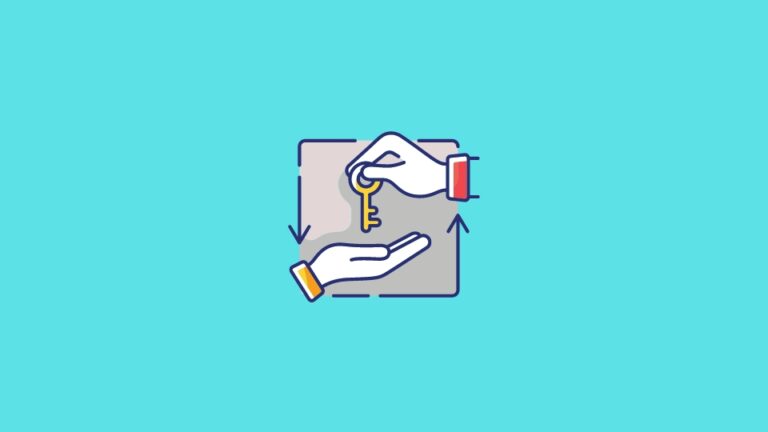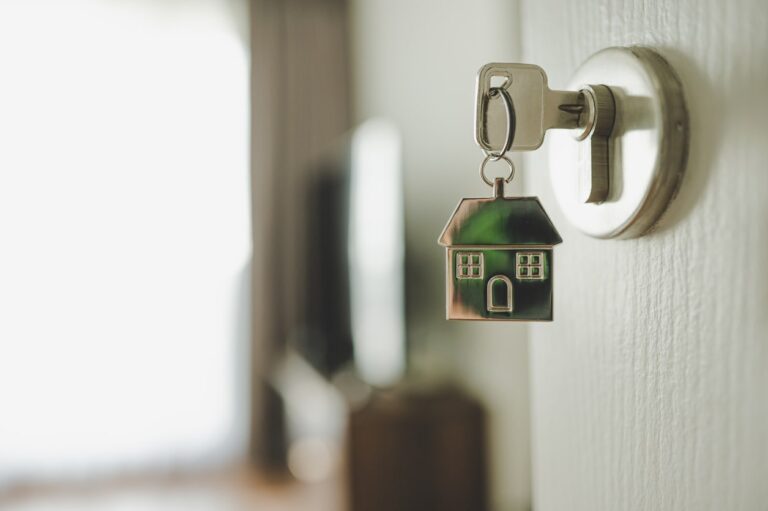What Is Rent Protect Lease Violation
Hello and welcome! This article will discuss something that can cause landlords and tenants alike a lot of problems: lease infractions. If you rent a home, you must understand what lease violations are, how to handle them effectively, and what you may do if a dispute arises.
We’ll go through how to properly address rental lease violations, including the significance of communication and the steps you can take in case of a legal disagreement. We’ll also review common lease infractions, how landlords and tenants can deal with them, and what legal alternatives are open.
Finally, we’ll discuss the significance of a well-written lease agreement and provide tenants with recommendations for examining and signing one. So, let’s get started!
What is a Lease Violation?

As expressed, a lease violation occurs when a renter violates the conditions of the rental agreement. This could result in them doing something they are forbidden from doing or failing to perform as expected. For example, a tenant may retain a pet despite the lease agreement saying that dogs are not permitted, or they may generate excessive noise that bothers the neighbors.
It is impossible to overestimate the significance of lease infractions. These can have serious ramifications for both the renter and the landlord. Landlords who neglect to handle lease infractions risk losing their investment property or, in the worst-case scenario, facing legal action. Tenants who breach lease agreements may face eviction and find it difficult to locate new accommodation.
As a result, all parties involved must grasp the repercussions of lease violations and how to resolve them properly. Landlords must follow due process when dealing with renters who breach lease agreements. It is vital to provide proper notification and documentation. To avoid unwanted outcomes, tenants must strictly adhere to the lease agreement. Engaging with the landlord and striving toward a settlement is critical if you suspect or know of a violation.
The Proper Way to Resolve Rental Lease Violations

Importance of communication
When it comes to settling lease infractions, communication is crucial. It’s critical to talk freely and honestly about any difficulties, whether you’re a landlord or a tenant. Landlords should notify renters in writing of any violations and allow them to resolve the issue. Likewise, tenants should engage with their landlords if they believe they did not break the lease agreement or extenuating circumstances exist.
Steps to take when handling lease violations
When dealing with lease infractions, it’s critical to document the offense, tell the tenant in writing, and give them a chance to rectify the problem. Documentation acts as proof of the infraction, which is essential if the situation worsens. Written notification is essential since it serves as a record of the information provided.
If the problem is not resolved or cannot be handled through discussion, a third party may be required to be involved. Mediation or arbitration can assist parties in reaching an agreement that satisfies all parties concerned. If none of these measures work, legal action may be required.
Legal options for resolving disputes
While legal action should be used as a last resort, landlords should be aware of their legal choices. Mediation or arbitration may be an option depending on the severity of the lease breach. Evictions and other legal measures may be required when a tenant refuses to address the problem in extreme circumstances.
Before taking legal action, landlords should contact an attorney. A competent attorney can guarantee that all necessary laws and regulations are followed while protecting the landlord’s interests. If tenants believe their rights have been abused, they might consider getting legal representation.
Handling Common Lease Violations
Lease infractions, as previously stated, can cause many legal and financial issues for landlords and tenants. As a result, these infractions must be addressed as quickly as possible. In this section, we’ll go through some of the most common lease infractions and how to deal with them.
How to handle the following lease violations:
Long-term guests
If you wish to avoid unwelcome long-term guests, insert a condition in the lease agreement stating how long guests can remain. If that amount is surpassed, the lease may impose penalties such as a rental fee or lease termination. While respecting your tenant’s privacy, you must verify that the property is not abused.
You May Also Like: Can a Landlord Say No Overnight Guests?
Unauthorized pets
Illegal pets Pets can bring joy and company and cause property harm. To avoid this dilemma, landlords must make it plain that having pets on the property is grounds for eviction. You may elect to allow pets and charge slightly more rent to offset any potential damage. It is, nevertheless, illegal to refuse service or emotional support animals.
Unpaid rent
One of the most prevalent lease breaches is unpaid rent. When dealing with delinquent rent, landlords should adhere to their lease agreement. This may include sending the tenant a notice of late payment and giving them the option to pay before taking any further action. If the renter continues to be unable to pay, landlords may be obliged to take more serious measures, such as filing legal action.
Property damages
Property damage In addition to typical wear and tear, tenants are accountable for any property damage. Landlords should document any property damage and allow the tenant to fix the problem before taking further action. If the tenant fails to address the issue, the landlord may seek legal action to remedy the situation.
Commercial use of property or unit
Commercial use of property or unit If a tenant is using the property or unit for business purposes without permission, landlords can warn the tenant in writing of the violation and provide them a chance to fix the problem. Landlords may consider legal action if the problem is not rectified. It is critical to remember that a tenant’s mistreatment of the property can result in expensive repairs, maintenance concerns, and violations of local zoning and business rules.
Lease Violation by Landlord
What to do when the landlord violates the lease agreement
Discovering that your landlord has breached the lease agreement can be upsetting, but there are steps you can take to protect yourself as a tenant. Here are some things you can do if your landlord violates the lease:
- Record the violation: Begin by recording the lease violation. Take photos, videos, or other proof to back up your claim.
- Inform your landlord in writing: Once you’ve recorded the infraction, you must notify your landlord of the problem. Explain the issue and ask that it be resolved.
- Engage a mediator: If your landlord does not react to your written requests, you should consider hiring a mediator. A mediator can assist both parties in reaching an amicable agreement.
- Report your landlord to a government agency: If your landlord violates the Fair Housing Act, you can report them to a government agency such as the US Department of Housing and Urban Development (HUD).
- Take your landlord to court: If required, you may take your landlord to court. Legal actions, on the other hand, can be time-consuming and costly. As a result, it is critical to first exhaust all choices.
Legal options for resolving disputes
Tenants have various legal options for settling lease violation concerns with landlords, including mediation, arbitration, or taking the landlord to court. Mediation is a process in which a neutral third party assists the parties in reaching an agreement. Arbitration is similar to mediation, except the final decision is made by a third party. Tenants may sue their landlord in court if the dispute cannot be settled through mediation or arbitration.
Before taking legal action against a landlord, you must first speak with an attorney. A competent attorney can assist tenants in understanding their rights, legal options, and the potential implications of legal action. Before pursuing legal action, obeying all applicable rules and regulations is also critical. Tenants can defend themselves and their rights as renters by taking the necessary procedures.
It Starts with the Lease Agreement

A well-written lease agreement is essential to safeguard the interests of both landlords and tenants. A lease agreement is a reference point for all parties, stating their rights and duties. It’s a communication tool that can assist in preventing problems from occurring. When a disagreement arises, having a written agreement can increase the likelihood of a successful resolution.
Tips for tenants when reviewing and signing a lease agreement
As a renter, you must carefully read and comprehend the lease agreement before signing it. Here are some pointers to assist you in getting through the process:
- Read and comprehend the lease agreement: Carefully read the lease agreement, and don’t hesitate to ask clarifying questions if anything is unclear.
- Understand local and state tenancy regulations: Tenancy rules vary by state and govern leasing agreements. It is your job as a renter to be aware of these rules to guarantee that you are treated properly.
- Negotiate terms: If you don’t agree with specific lease terms, it’s critical to negotiate before signing. You can negotiate rent increases, security deposits, and lease term length.
- Ensure the terms are reasonable: The lease agreement’s conditions must be acceptable, and landlords cannot enforce criminal elements. Tenants should protect their rights while the agreement remains reasonable and enforceable.
Tenants can enter into a lease agreement with confidence that they understand the terms and their rights if they follow these suggestions, resulting in a better rental experience.
Conclusion
Recognizing lease violations is critical for landlords and tenants who want to enjoy their renting experiences. A well-written lease agreement outlining the terms and conditions agreed upon by both parties is vital to avoid disagreements. Communication is vital in dealing with lease violations, and legal problems can be avoided by attempting mediation or arbitration. Tenants can help prevent lease violations by thoroughly reading and comprehending the agreement before signing it. Remember that putting in a little extra effort to avoid lease violations can save both parties time, money, and possibly legal difficulties.






